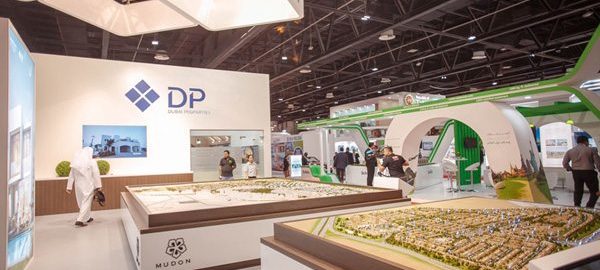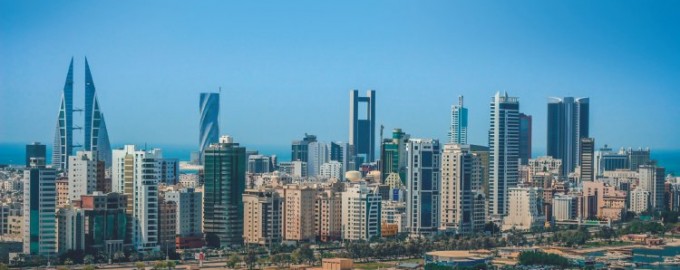The 12th edition of International Property Show, which coincides with the Annual Investment Meeting 2016, opened today (April 11) at the Dubai International Convention and Exhibition Centre (Dicex).
The show, the only retail property event at Dicex, attracted hordes of visitors. It witnessed brisk retail transactions on the inaugural day while real estate companies unveiled a series of projects for investors and end users.
Licensed by Dubai-based Real Estate Regulatory Agency (Rera), the show is the only one of its kind that provides direct real estate transactions on its floor where all exhibitors are officially entitled to collect down payments for transactions made as well as presenting title deeds to purchasers at the event.
This has further positioned it as a one-stop shop opportunity for investors, end users, consumers and real estate professionals from the Middle East and the rest of the world.
“We attracted participants from new countries following an in-depth study of their markets, to ensure display of effective opportunities to investors in the UAE and the wider GCC region. We anticipate trade visitors from over 100 countries by the time we wrap up the show,” emphasised Dawood Al Shezawi, CEO, Strategic Marketing & Exhibitions, the event organiser.
“Due to the current uncertainty in the real estate sector, and the emergence of first-time buyers, and those looking for affordable housing options, the International Property Show serves as the best platform to showcase these trends and practice them onsite,” he added.
Leading real estate developers showcased their innovative projects along with brokerages, urban development authorities, free zones, and financial companies at the show.
Supported by Dubai Land Department and sponsored by plenty of media partners, it is a leading regional real-estate meeting platform for developers, investors and regional and international companies working in this field.
Source: TradeArabia.com

